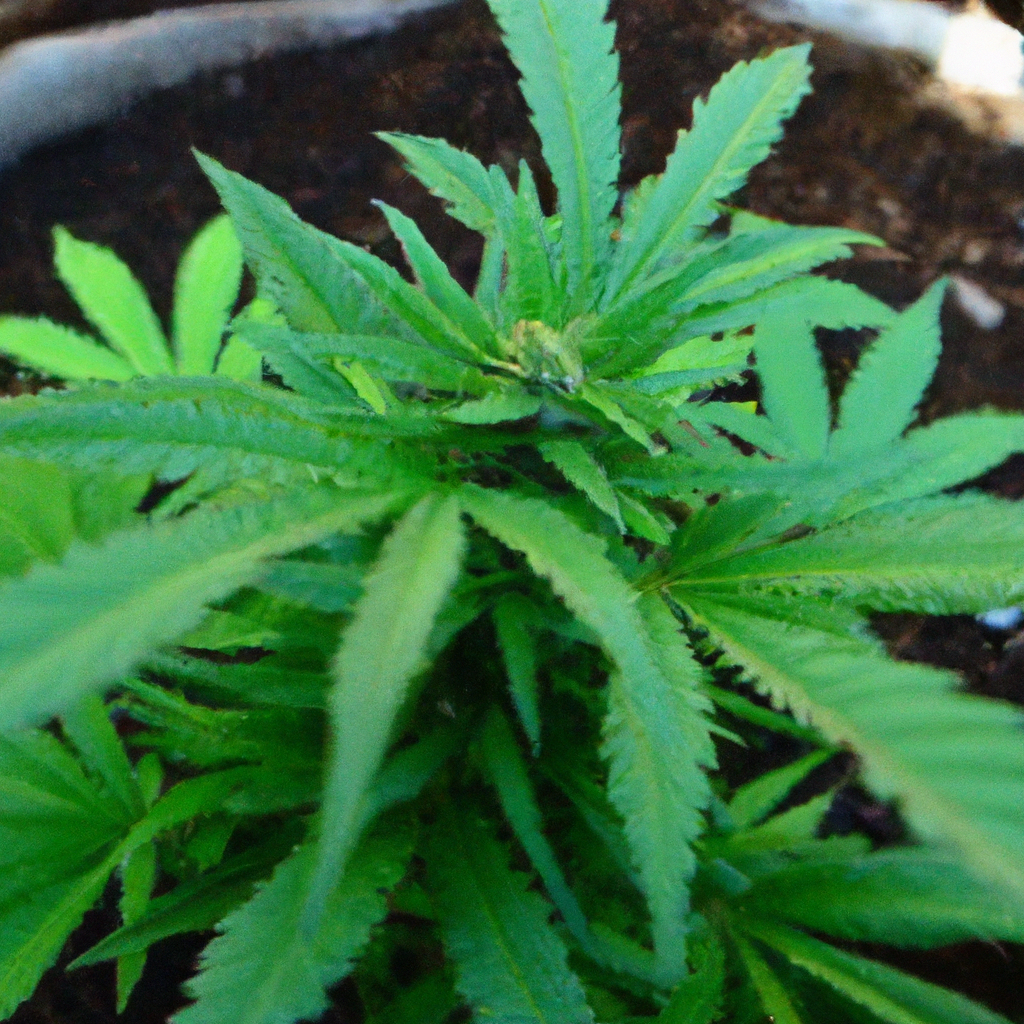Your cart is currently empty!
In the ever-evolving world of cannabis cultivation, organic growing practices continue to offer a sustainable, nature-friendly approach that benefits both the environment and consumers. If you’re aiming to produce cannabis that’s pure, potent, and eco-friendly, embracing organic methods can lead the way. Below, we delve into essential organic cannabis practices that focus on natural inputs and sustainability.
Embrace Natural Fertilizers and Compost
A key aspect of organic cannabis cultivation is the use of natural fertilizers and compost. Unlike synthetic fertilizers, natural options enhance soil health and plant growth without harming the ecosystem.
- Compost: Using rich compost made from kitchen scraps, garden debris, and other organic material, you can create a nutrient-rich growing environment. Composting improves soil structure, aids moisture retention, and enhances microbial activity.
- Fish Emulsion: This potent, liquid fertilizer derived from fish waste provides plants with essential nutrients like nitrogen, promoting robust growth.
- Bone Meal: By supplying phosphorus and calcium, bone meal encourages root development and flowering, strengthening the plant’s overall structure.
Natural Pest Control Solutions
Managing pests in an organic garden involves techniques that avoid synthetic chemicals, instead relying on natural and biological controls.
- Companion Planting: Integrate plants such as marigolds or basil, known for repelling harmful pests, to safeguard your cannabis naturally.
- Neem Oil: This powerful, organic solution can deter pests by disrupting their growth cycle, making it a valuable tool for managing bugs like aphids and spider mites.
- Beneficial Insects: Introduce pest-eating allies such as ladybugs or predatory mites to maintain a balanced ecosystem.
Build a Thriving Soil Ecosystem
The cornerstone of organic cannabis cultivation is healthy soil, teeming with beneficial microbes and organisms. Developing a robust soil ecosystem ensures plants receive essential nutrients naturally.
- Soil Amendments: Incorporate organic materials like worm castings and kelp meal to boost nutrient levels, improve soil texture, and enhance microbial life.
- Mulching: Apply organic mulch to maintain soil moisture, regulate temperature, and add organic matter as it decomposes.
- Crop Rotation: Rotating cannabis with other plants can prevent nutrient depletion while disrupting pest life cycles.
The Benefits of Organic Cannabis
Choosing organic methods in cannabis cultivation offers numerous benefits that extend beyond the growing field.
- Environmental Impact: Organic practices prioritize sustainability, minimizing chemicals that could harm air, soil, and water systems.
- Consumer Health: Growing cannabis naturally reduces the risk of exposing consumers to harmful residues, resulting in a cleaner, safer product.
- Enhanced Flavor and Aroma: Many enthusiasts argue organic cannabis provides richer terpene profiles, enhancing the sensory experience of aroma and taste.


Leave a Reply